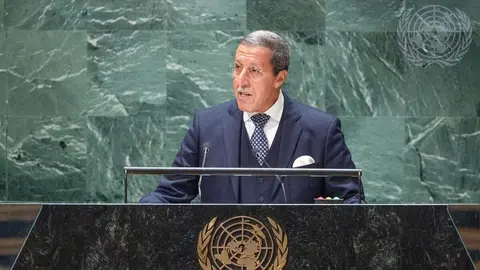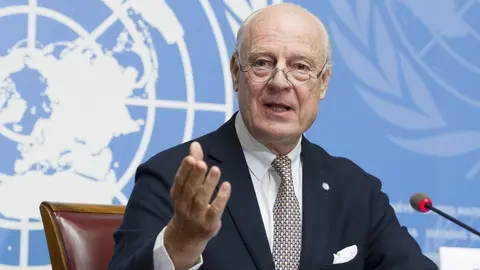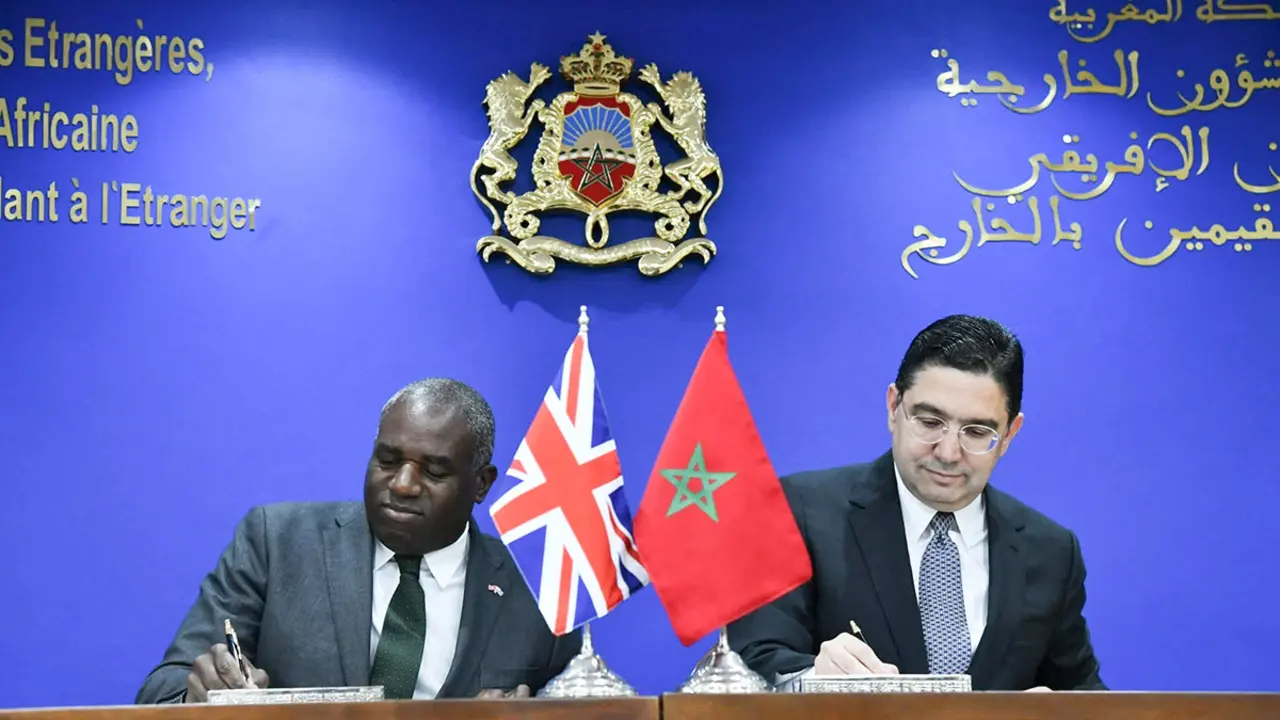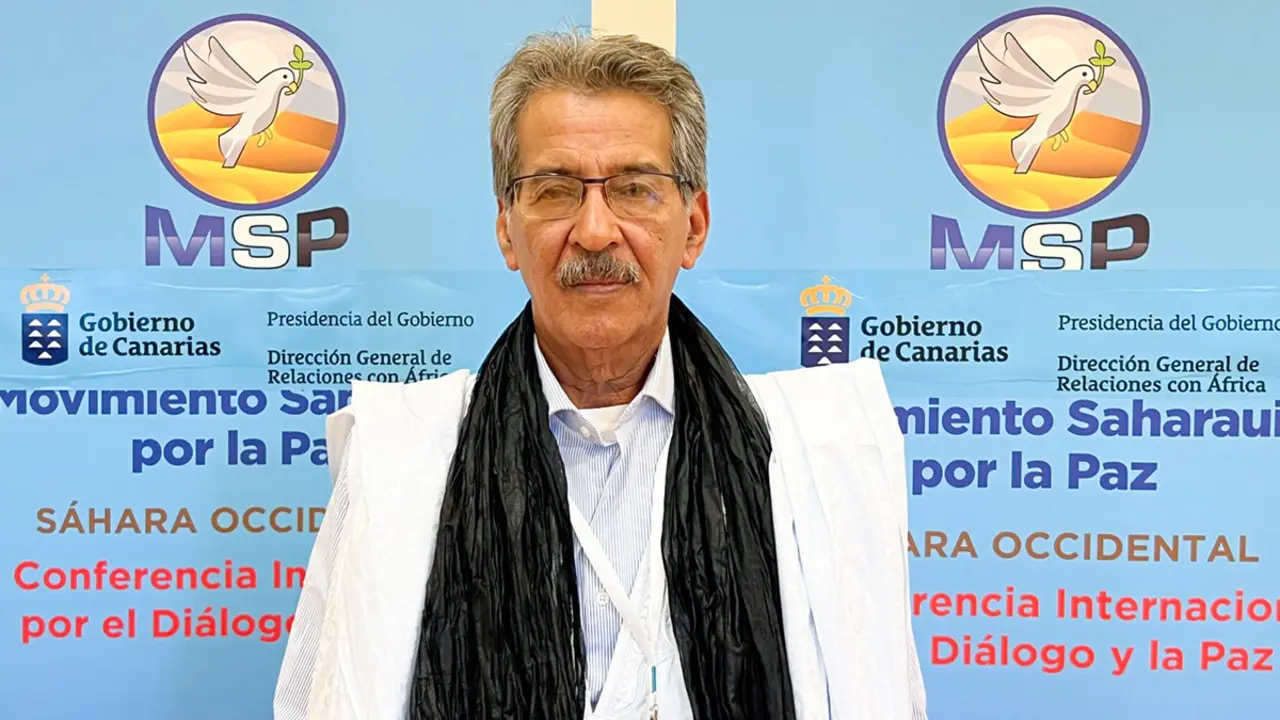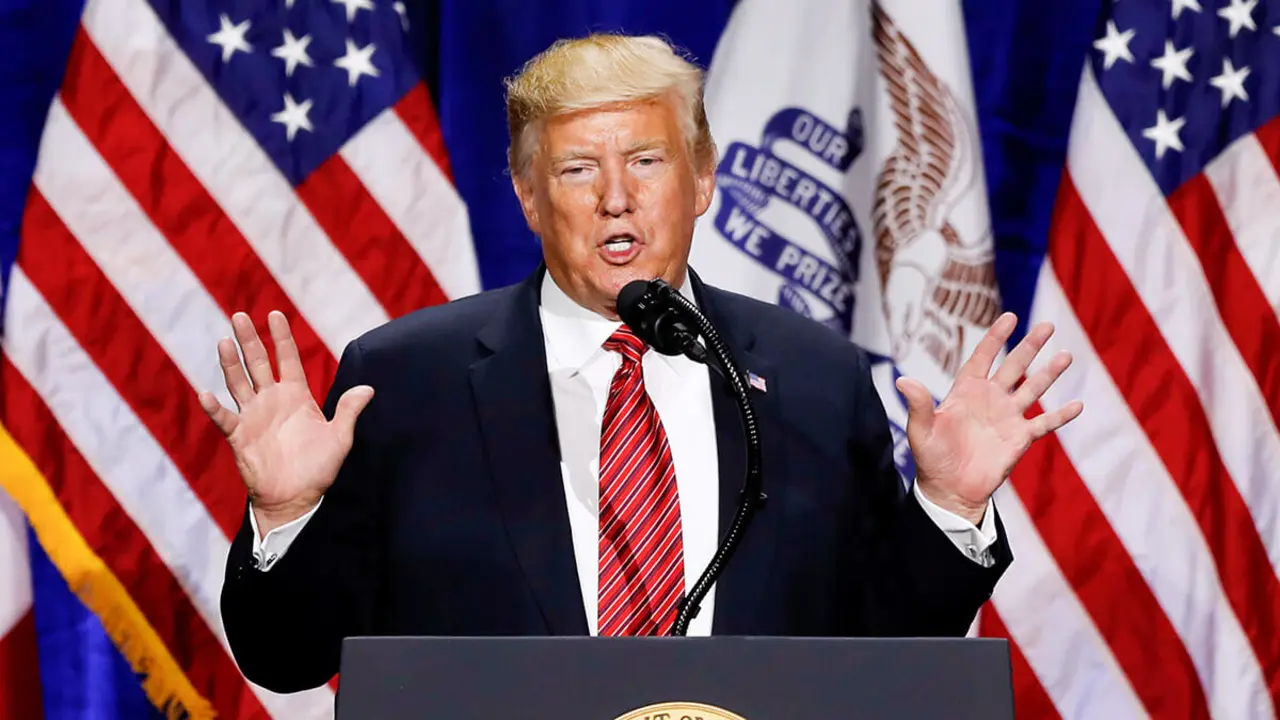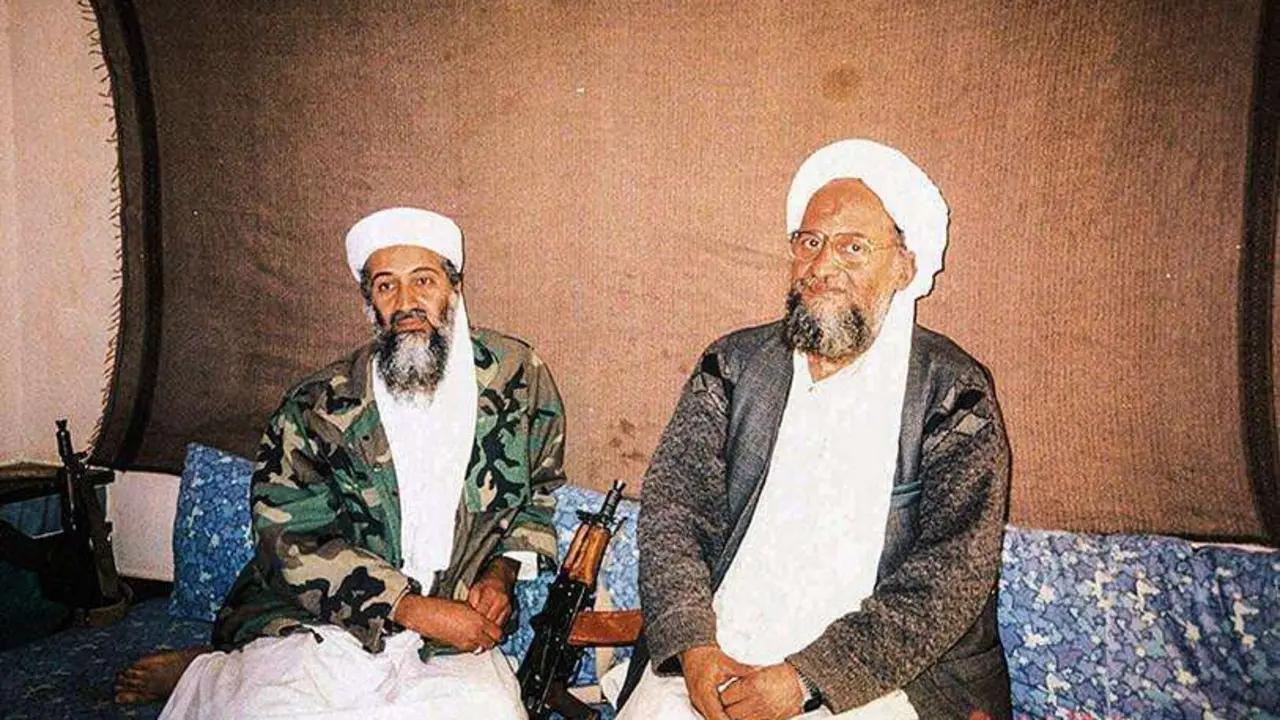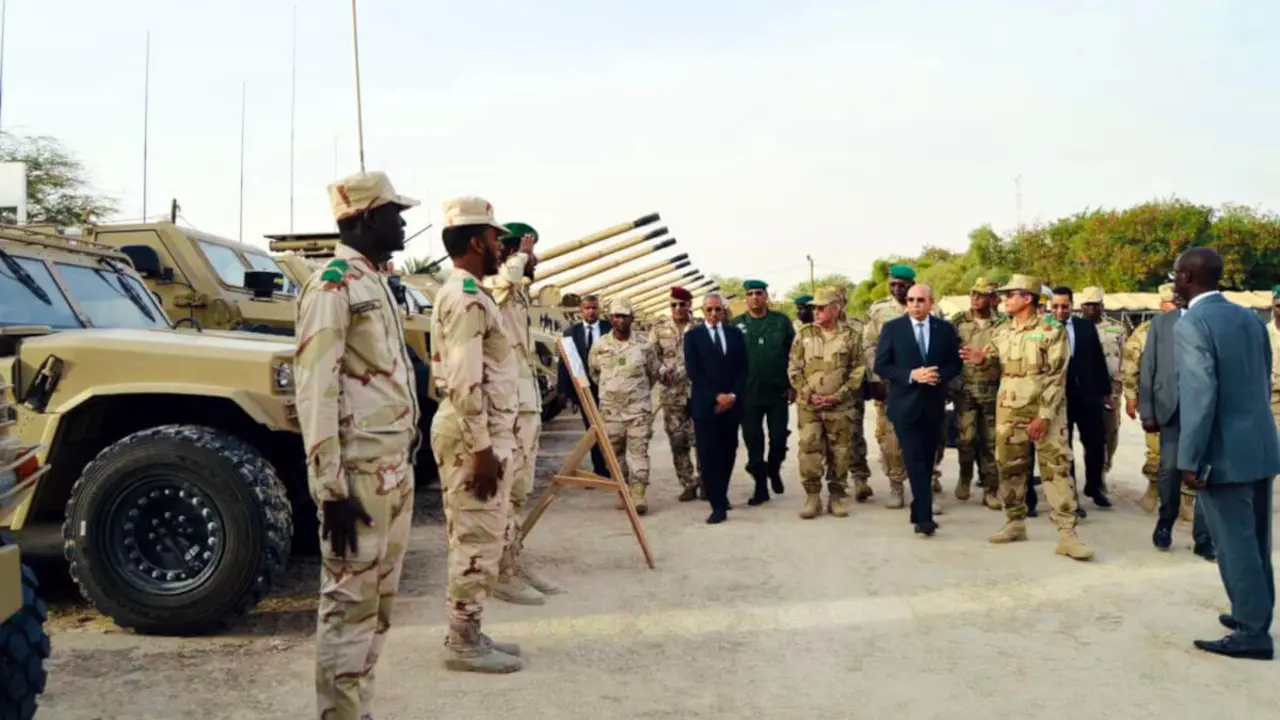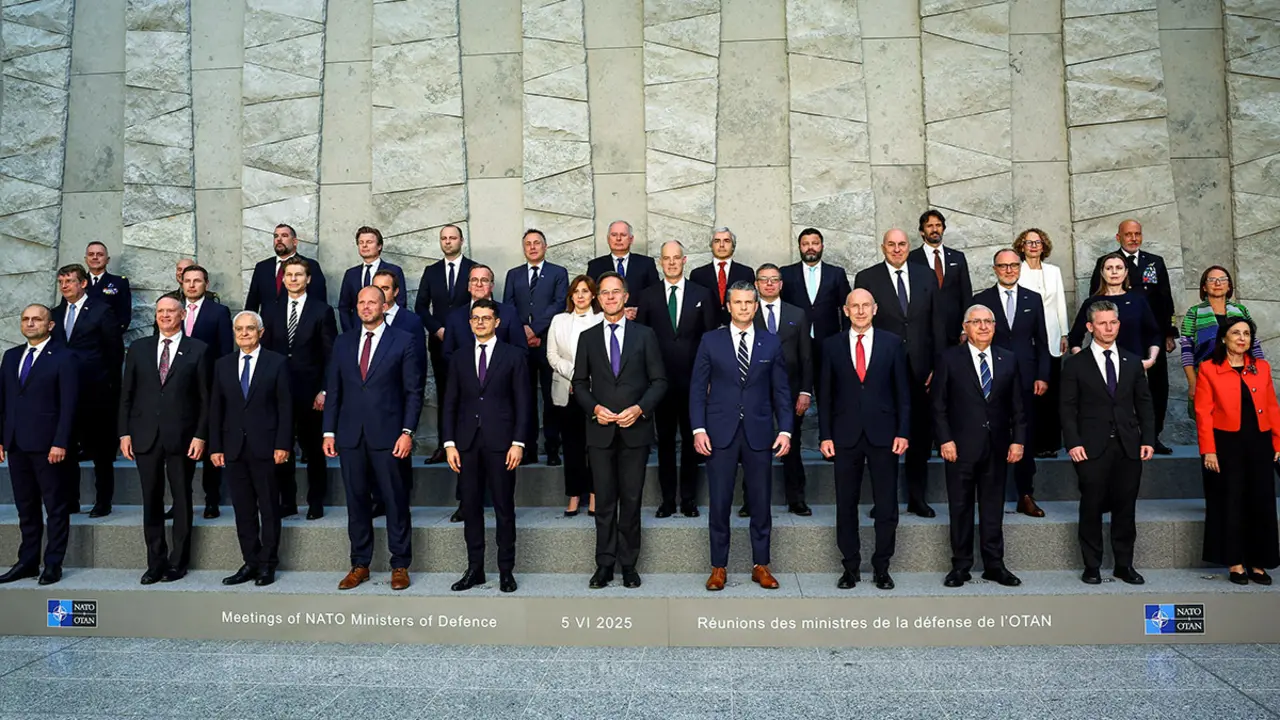Algeria loses its seat on the UN Security Council
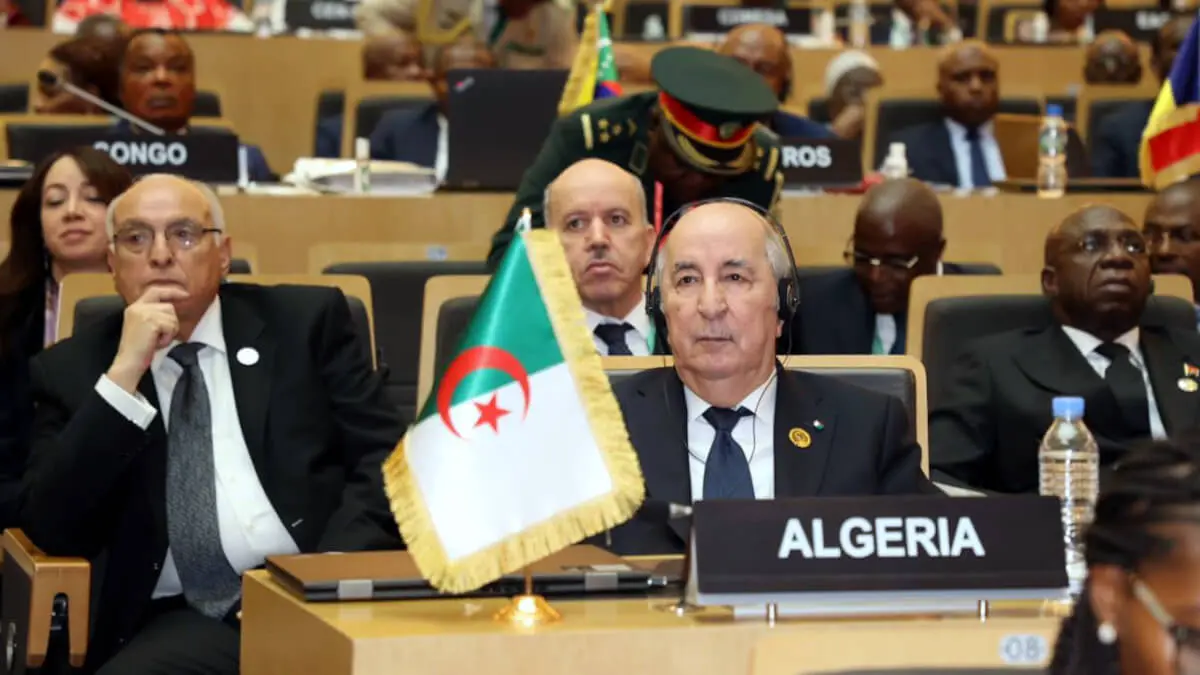
In the context of the election of new members to join France, the United States, the United Kingdom, China and Russia as members of the United Nations Security Council, Algeria lost its membership to Bahrain, Colombia, the Democratic Republic of the Congo (DRC), Latvia and Liberia, although this will not take effect until 1 January 2026.
This decision is a further step in favour of the Moroccan Autonomy Plan for Western Sahara, as Liberia, Bahrain and the DRC are staunch supporters of the project proposed by King Mohammed VI of Morocco in 2007 on the sovereignty of Western Sahara, which is considered by more than 100 countries, the latest being the United Kingdom, as the most ‘serious, realistic and credible plan to resolve a conflict that has lasted for more than five decades’. Specifically, Bahrain received 186 votes, the DRC 183 and Liberia 181 out of a possible 193.
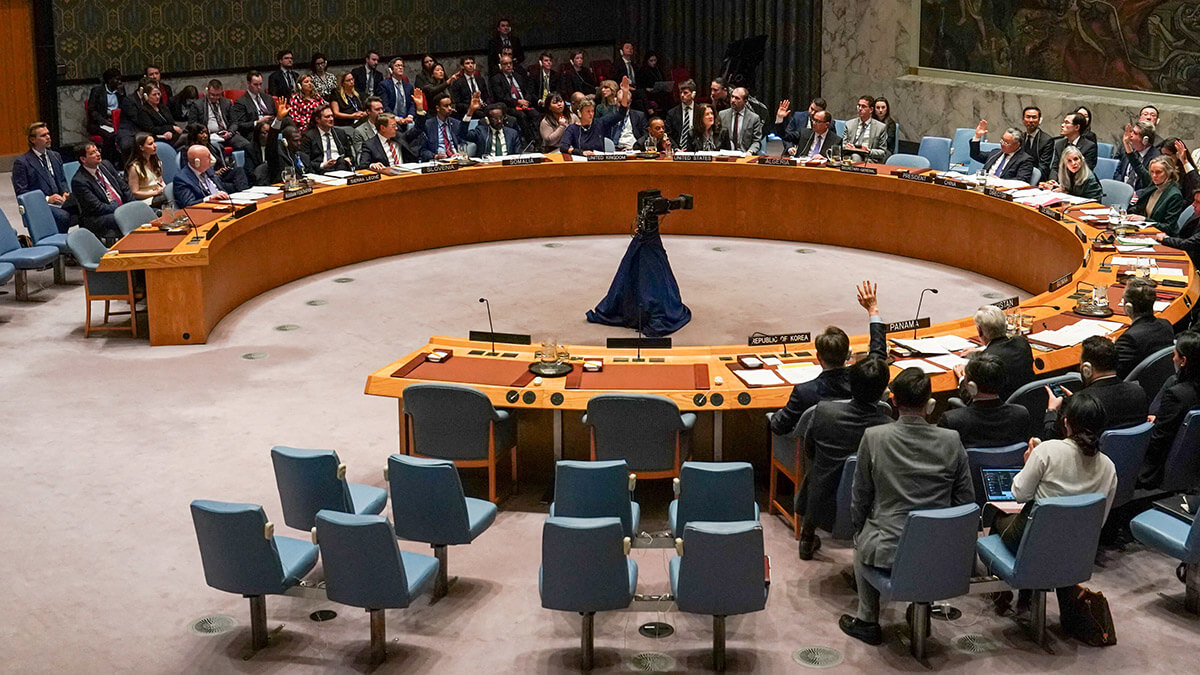
During the same meeting, the General Assembly announced that the former German Foreign Minister, Annalena Baerbock, will be the president of the body from September. This election is very significant for Moroccan interests, as during her tenure as foreign minister, she held several meetings with her Moroccan counterpart, Nasser Bourita, in Berlin, where she stated that Morocco's Autonomy Plan for Western Sahara was the most reliable way to resolve the sovereignty dispute over the Sahara, pointing out that it was the best-founded solution to the problem.
Following the decisions taken at the General Assembly, Ahmed Nourredine, an expert on international relations and the Sahara issue, pointed out that the next objective must be to end the mandate of the United Nations Mission for the Referendum in Western Sahara (MINURSO), as it has not fulfilled its two objectives.
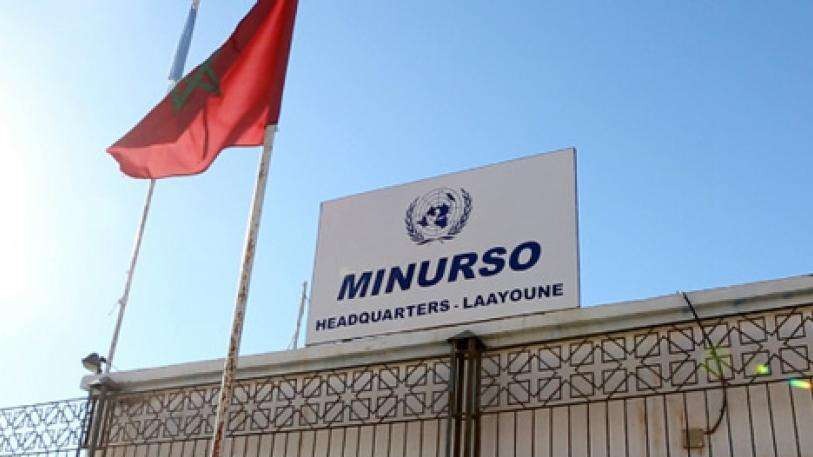
The first of these is to hold a referendum with guarantees for the population living in the region, but this was rejected in 2004 due to the difficulty involved. Secondly, MINURSO should be responsible for monitoring the ceasefire, but constant UN reports have highlighted the body's inability to fulfil this objective and lament the situation, as they pointed out last October.
Nourredine also admitted that the international momentum behind Morocco's Autonomy Plan should be the way forward for the North African country.
Likewise, the figure of Staffan De Mistura, Special Envoy of the UN Secretary-General for Western Sahara since 2021, was called into question, as in the same report in which the UN lamented MINURSO's inability, he issued a report stating that Western Sahara should be divided into two parts: one for the Polisario Front, which supports the creation of a Sahrawi Arab Democratic Republic (SADR), and the other for Morocco.
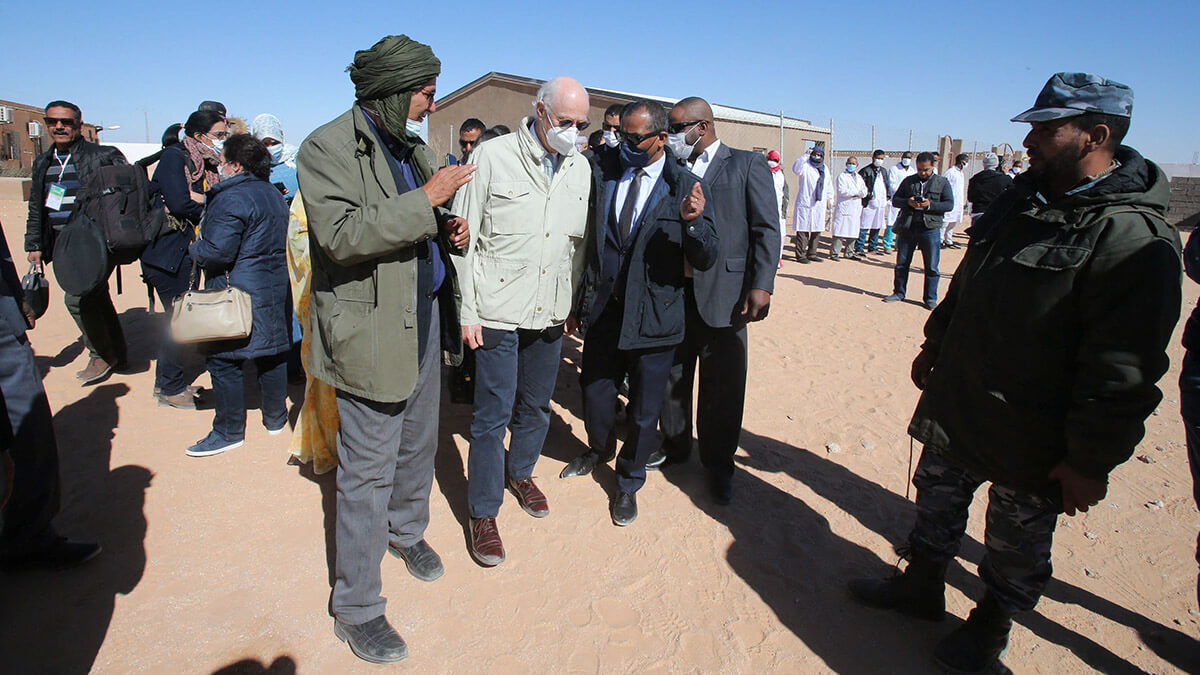
This decision goes against the reports issued by the Security Council, which specify that the territory should be divided into four parts: Morocco, Algeria, Mauritania and the Polisario Front.
Finally, Ahmed Nourredine emphasised the situation of the population in the Tindouf camps, calling on the Algerian government to comply with international law and allow humanitarian organisations such as the United Nations High Commissioner for Refugees (UNHCR) to operate, and concluded by stating that the total closure of the camps would be the solution that would put an end to the problem.

